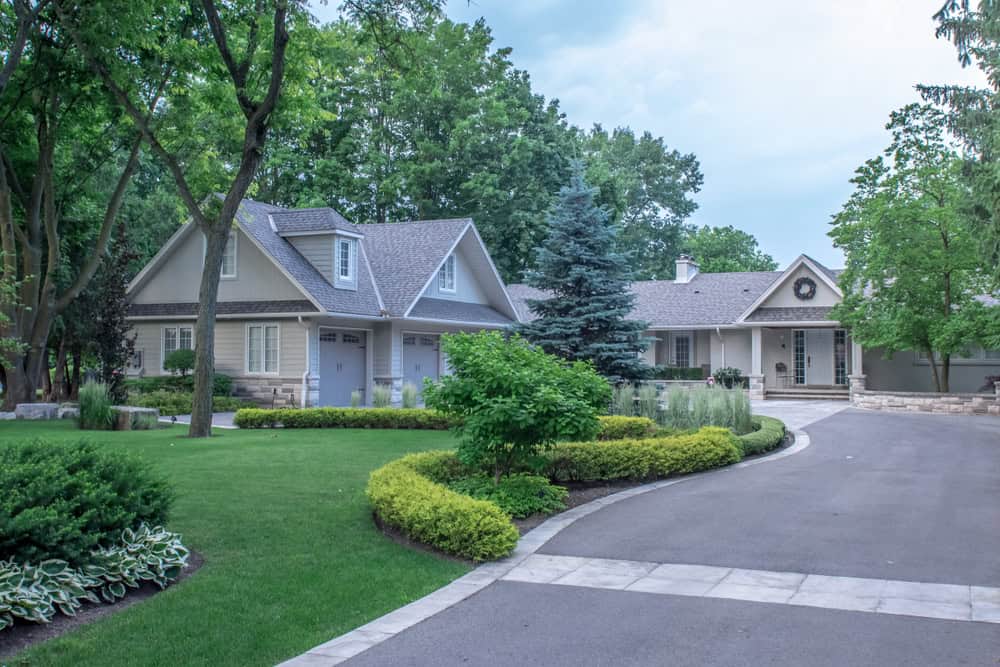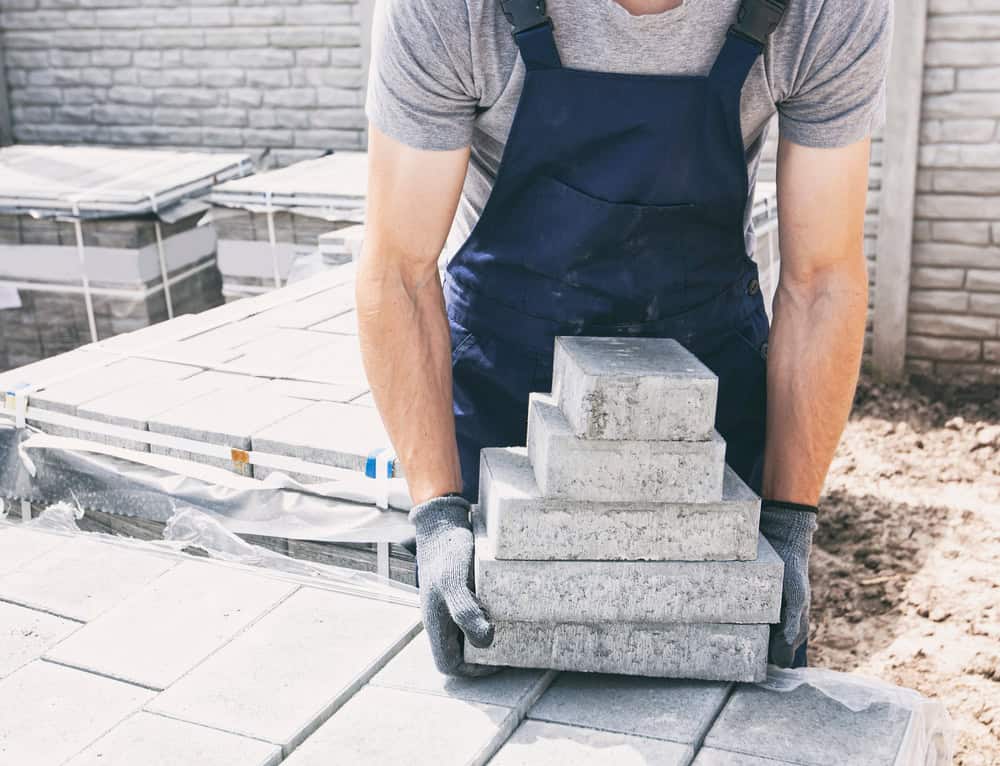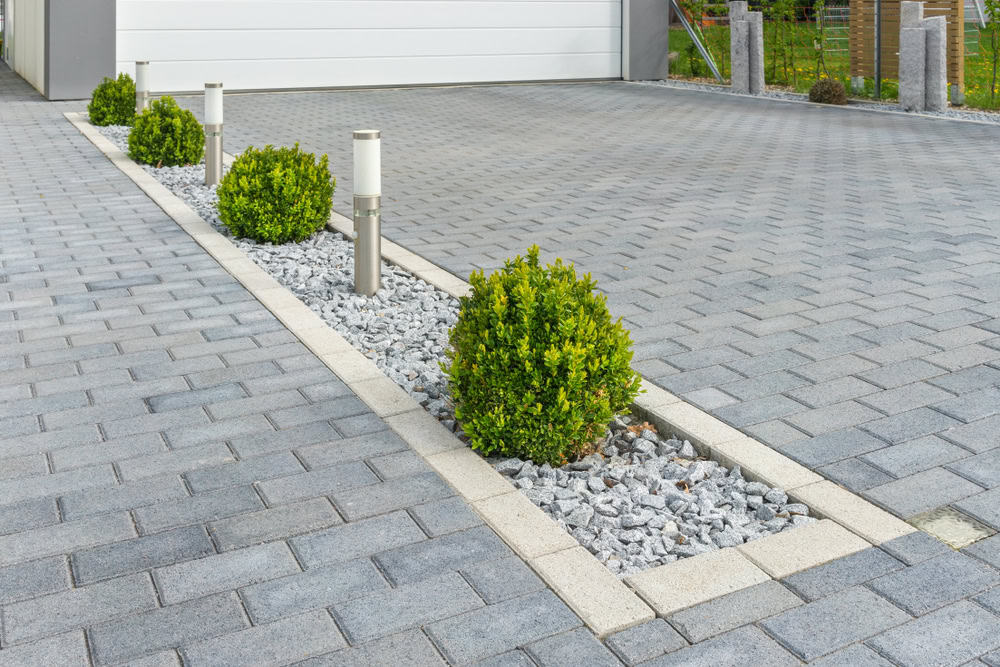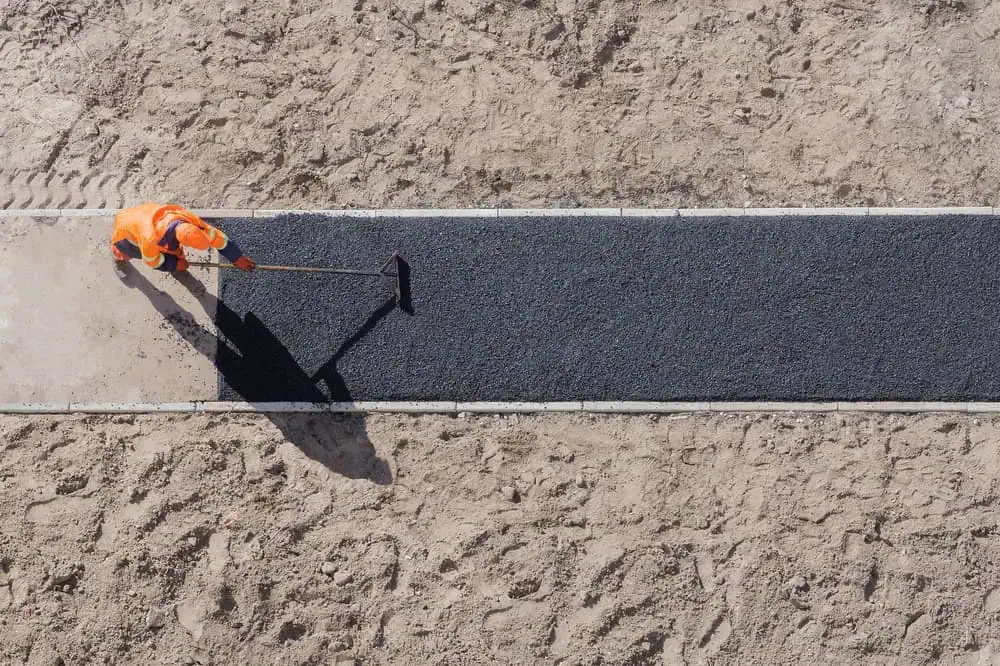Professional paver installation that handles Massachusetts winters without cracking, settling, or failing when you need it most.


You’re tired of concrete that cracks every winter and asphalt that needs constant repairs. Pavers give you something different – surfaces that flex with freeze-thaw cycles instead of fighting them.
When we install your paver patio or driveway, you get individual units that can shift slightly with ground movement without creating the spider web cracks you see in concrete. If one paver ever gets damaged, you replace that single piece instead of tearing up the entire surface.
The result is an outdoor space that looks better year after year, adds real value to your property, and gives you confidence that your investment will perform exactly as promised. No more dealing with settling, cracking, or expensive do-overs.
Academy Masonry has been handling paver installations in Stony Brook and surrounding areas for years. We understand how Massachusetts soil behaves through seasonal changes and what it takes to build a foundation that won’t shift or settle.
Our team knows the local building requirements, works with established material suppliers, and has completed projects throughout neighborhoods you probably drive through regularly. We’re licensed, insured, and focused on installations that perform well long after we finish the job.
You’ll work with contractors who show up when scheduled, communicate clearly about timelines and costs, and take responsibility for getting details right the first time.

Every successful paver project starts with excavation and base preparation. We remove existing surfaces, dig to proper depth based on your soil conditions, and install layers of crushed stone that get compacted to create a stable foundation.
Next comes edge restraints that keep pavers from shifting over time, followed by a leveling layer of sand that gets screeded perfectly flat. Only then do we start laying pavers according to your chosen pattern, checking alignment and spacing as we work.
The final step involves sweeping polymeric sand into joints and compacting the entire surface. This locks everything together while still allowing individual pavers to move slightly with ground changes. You end up with a surface that’s immediately ready for use and built to handle whatever New England weather brings.

Ready to get started?
We work with concrete pavers, natural stone, and brick options that complement the colonial and traditional architecture common in Stony Brook. You can choose from colors and textures that either blend seamlessly with your existing home or create the contrast you’re looking for.
For driveways, we focus on pavers rated for vehicle loads with proper thickness and base support. Patio installations can use lighter-duty pavers with more design flexibility since they only need to handle foot traffic and outdoor furniture.
Every project includes proper drainage considerations. We grade surfaces to direct water away from your foundation and can integrate drainage systems when needed. This attention to water management prevents the pooling and frost damage that destroy other surface materials over time.
